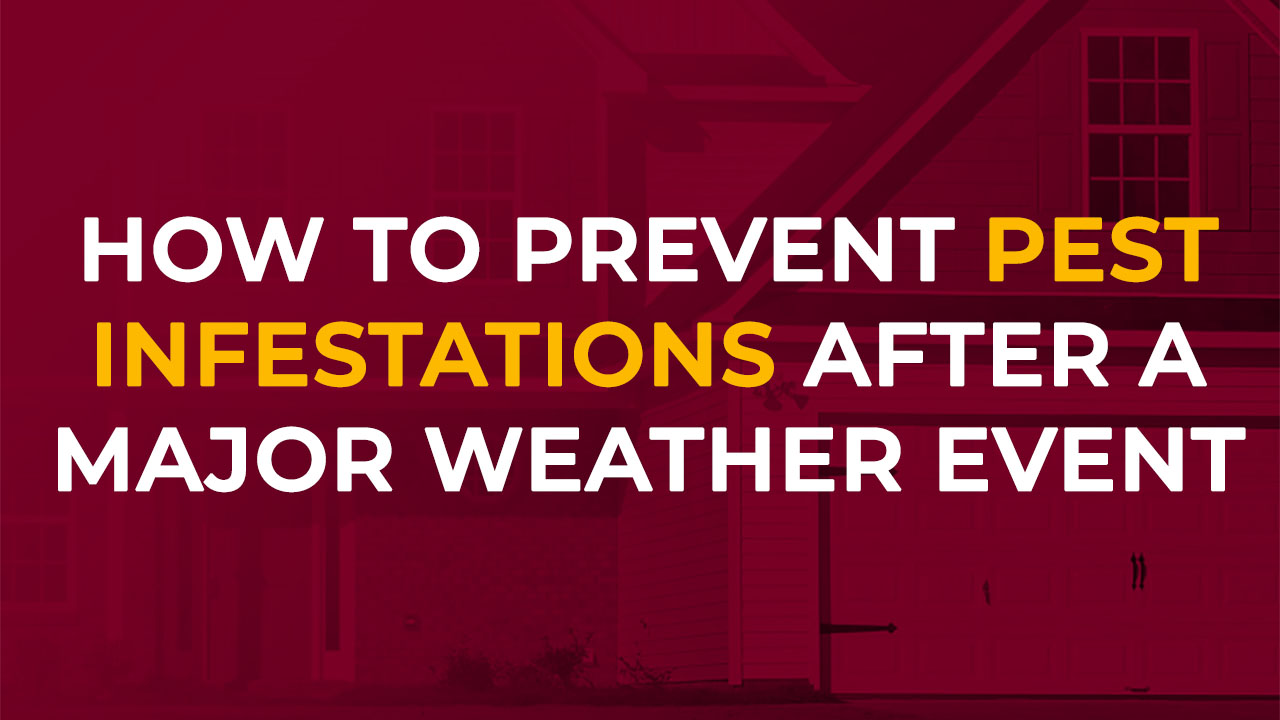Living in the great city of Houston has its advantages. We have world-class museums, parks, and of course four major league sports teams. We are only a 45 minute drive from the beach and only 2 hours from Austin. What more could you ask for in Houston? Oh, yes—there is that tropical-like climate and many bayous that produce some of the most aggressive mosquitos in the US. Many Houstonians rely on Houston pest control companies to help keep the mosquitos at bay with regular lawn treatments, sprinkler system supplements and more. While there are a lot of ways to keep mosquitos in Houston at bay and out of your home—there are some natural tips you can apply to your home to make it less welcoming to mosquitos. But before we get to those tips let’s get to know the most common species of mosquitos in Texas and the threat they pose.
5 MOST COMMON MOSQUITOS IN TEXAS
Texas is the largest of the 48 contiguous states in the US, with that comes a lot of land mass and a lot of insects as one of its many inhabitants. Like everything in TX, our mosquito population is bigger than most due to our vast size. Did you know that there are over 200 species of mosquitos US and just over 42% of those species are found right here in TX, and about 53% of those here in Houston alone!
Houston pest control companies will tell you that the only kind of good mosquito is a dead one and for good reason, they carry many diseases, are very unsanitary, and—well, anyone heard of West Nile, Zika, Malaria, Yellow Fever. The list goes on and on—mosquitos are the insect world’s version of Amazon.com when it comes to diseases.
Even though our mosquito population in Texas is so disproportionate to the rest of the US, most human encounters as tracked by many Houston pest control experts is narrowed down to about six species in Texas.
Asian Tiger Mosquito
This small, dark species is identified by its white dorsal stripe and banded legs. One of the species most strongly attracted to biting humans—they will also feed on cats, dogs, and other mammals and even birds.
They bite any exposed skin surface both indoors and out but more often outdoors than anything else.
Their habitats can be found most often in the holes of trees, in plants and even containers as small as a bottle cap.
Active most during the day and year-round—they can live for up to three weeks.
Diseases they are most likely to carry are Zika, West Nile, Dengue, Yellow Fever and Chikungunya (although rare here)
Southern House Mosquito
This stealthy medium-sized species is brown in body color and prefers to bite birds, but may enter homes at night and bite humans if the need to feed arises. Its distinction is that it is the main carrier of West Nile virus in the United States
Typically these species breed in polluted water and containers and are most active at night to early morning hours.
While they are the main carrier of West Nile, they also carry Zika and St. Louis Encephalitis
Western Encephalitis Mosquito
As the name suggests this black mosquito with a white band on its arrow-shaped head is the primary carrier of St. Louis Encephalitis. It is also known to carry Western Equine Encephalitis and is the most prevalent carrier of mosquito-borne viruses in the US.
This species loves standing water, agricultural ditches, and pastures with standing water as well.
Preferring to bite mammals and birds, they are one of the strongest flyers— traveling upwards of 10 miles from their breeding site just to feed.
Eastern Saltmarsh Mosquito
This medium-sized species is found heavily in Houston during spring and fall and is distinguished by the gold color marking on the upper side of its thorax.
These species prefer mammals to feed, but will prey on birds if necessary and most active around twilight but can be opportunistic during the day.
Typically their breeding area is in salty or brackish water of the Gulf Coast region carrying with it Dog Heartworm and Eastern Equine Encephalitis.
Upland Flood Water Mosquito
Not only the most widespread species in the world but this is also the number #1 species in the US and in Houston.
Easily identified by the white bands on the abdomen, this species during the winter, replace the Eastern Saltmarsh Mosquito as the dominant floodwater species in Houston.
Typically biting at night or near dusk or dawn, it will bite during the day if in a shaded area as they usually breed in cooler, rain-filled pools, and roadside ditches.
They only carry one dominant disease—Dog Heartworm.
FOUR WAYS TO HELP DETER MOSQUITOS FROM YOUR HOME
While it’s highly recommended to contact several Houston pest control companies and find one near you to treat your home regularly—there are some things you can do as mentioned earlier to further help deter mosquitos.
Remove Standing Water
This one has been pretty well covered by many websites and Houston pest control guides. Mosquitos LOVE standing water. In order to keep mosquitos from breeding in your standing water make sure to eliminate existing puddles and dump out any containers. Check your leaky faucets to prevent from creating more standing water. It might also be a good idea to consult a landscaper if you have constant standing water and poor drainage.
Natural Repellants
There are plenty of natural repellents that battle mosquitos very effectively. Some of the most common ones are citronella torches and candles as well as oil of Lavender.
Grow Mosquito-Repelling Flowers And Plants
If you’d rather build a virtual fortress of repellent around your home, there are plants and flowers that mosquitos hate.
Horsemint – Suitable more for the Gulf coastal area, this drought-resistant plant grows up to three feet high and is good for dry, sandy soil and mosquitos hate it.
Catnip – Yes, it’s true the same plant that makes cats go nuts is very effective against mosquitos. The only drawback? It may attract feral and stray cats which could bring fleas. That’s a whole other article though.
Marigolds – With this flower, you can add color to your yard and help your Houston pest control company as well. Marigolds give off a distinct scent that mosquitos do not like, in fact, they avoid it as much as they can.
THE BEST SOLUTION: CALL THE BEST PEST CONTROL COMPANY IN HOUSTON!
All of these solutions will help you keep the mosquito population in your yard to a minimum but won’t do as much good unless you contact Champions Pest Control in Houston to regularly treat your home. We get the job done right the first time and give you honest estimates and quality pest control in Houston and surrounding areas. Contact us today!





